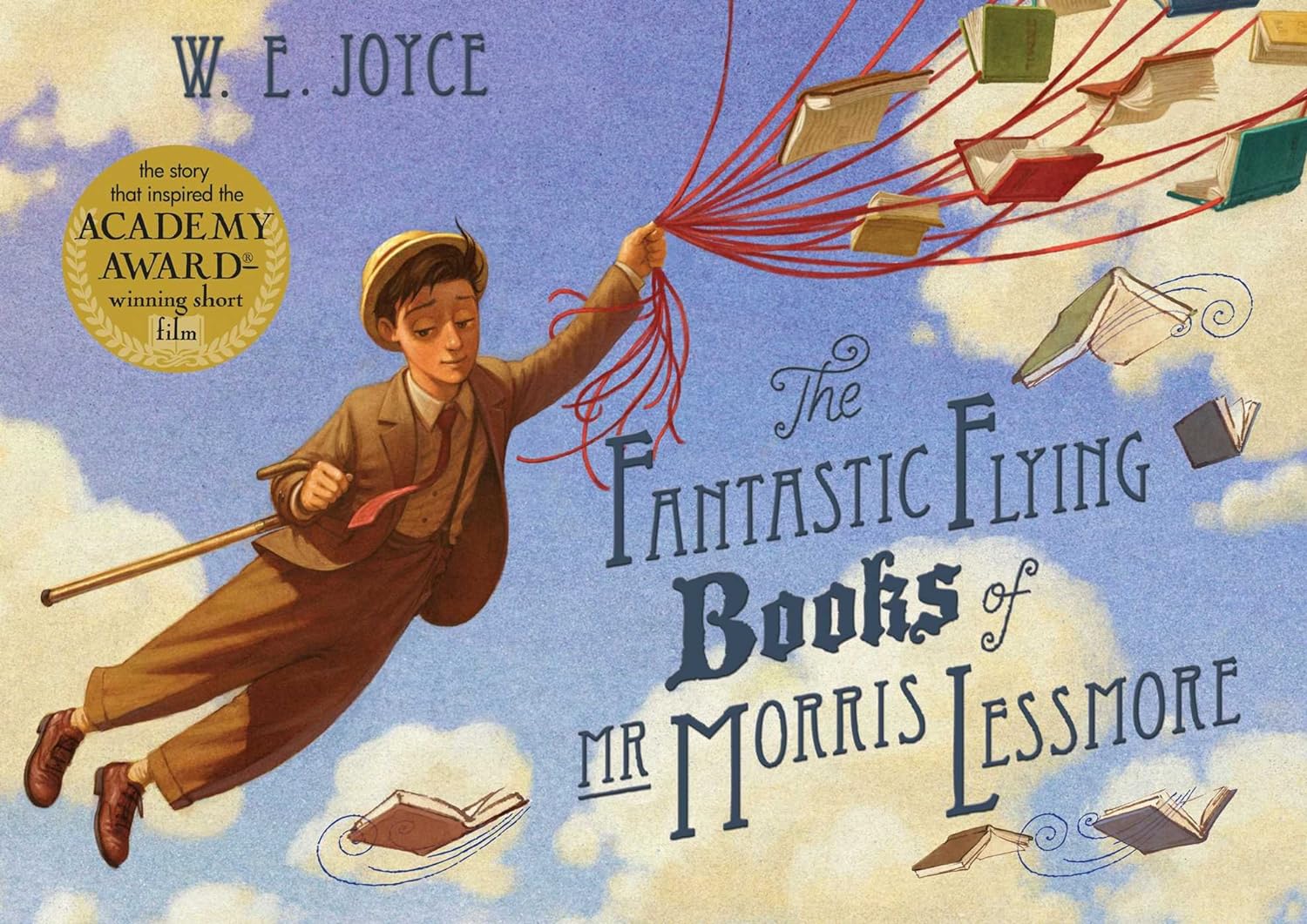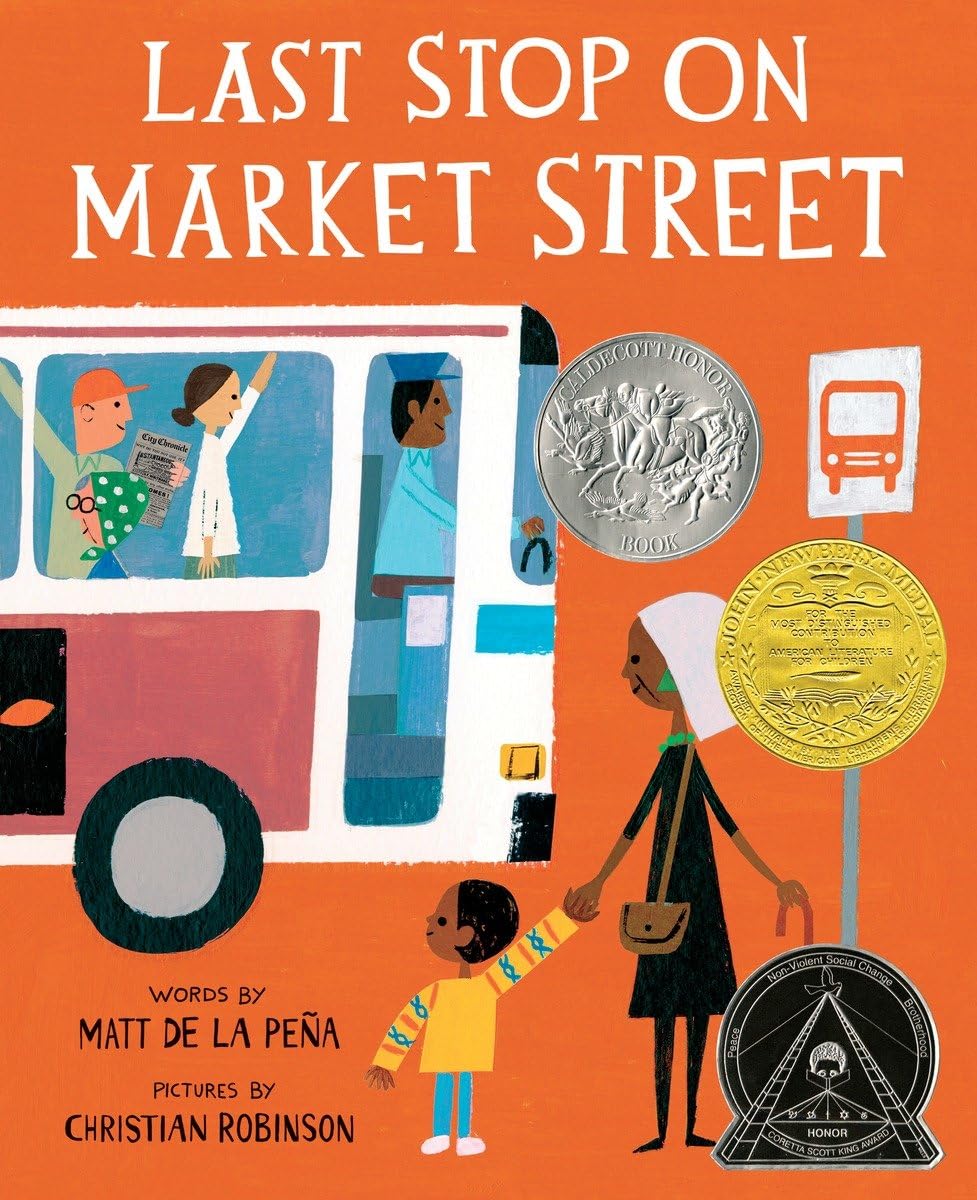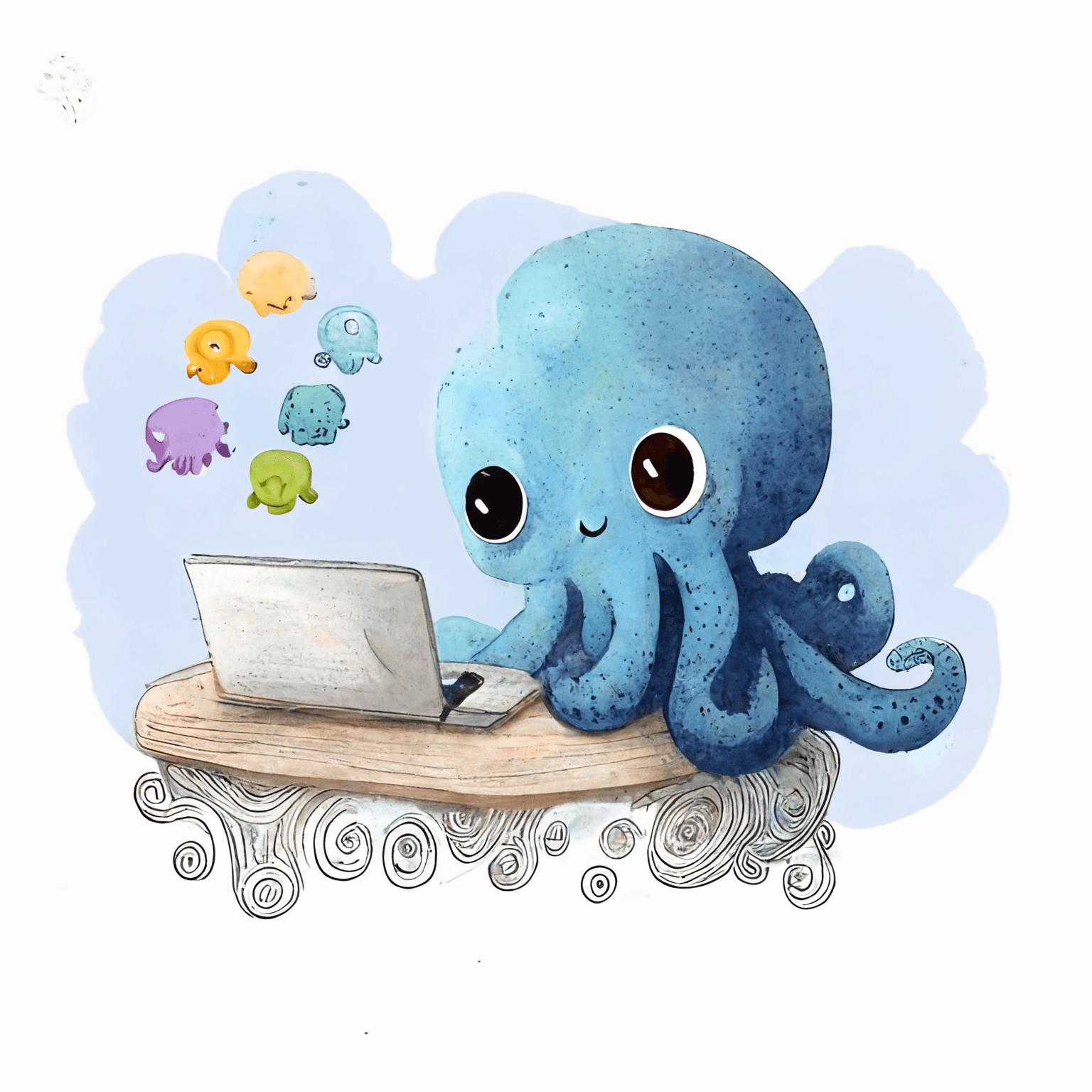In the world of children's literature, book themes and illustrations don't just decorate the pages of your book. Understanding the role that themes and illustrations play is crucial for anyone venturing into the creation of children's books. Themes fill stories with meaning and values, while illustrations breathe life into your narratives, making them accessible and engaging for young readers. The art of blending themes seamlessly with illustrations is what transforms a simple story into an engaging one that captivates and entertains children, guiding them through experiences and lessons that contribute to their growth and understanding of the world.
The Importance of Themes in Children's Books
Themes are the messages or morals the author wants to convey through their story. In children's literature, themes matter. They offer a unique way for children to experience the complexities and intricacies of life, emotions, and relationships. These narratives, woven around central themes like friendship, courage, diversity, and kindness, resonate with young children, offering them a way to look at their own experiences and get a peek into the experiences of others, helping children develop empathy, curiosity, and a sense of justice and contributing to their emotional and intellectual growth.
The Power of Illustrations in Conveying Themes
Common advice given to authors of children's books is that pictures should tell half the story. They are not just for decoration; they are narrative tools that are used to enhance and highlight the themes of the story. Through the use of colors and tones, character expressions, and the depiction of settings, illustrations can amplify the emotional and moral undertones of your story. Think about how the use of warm colors can evoke feelings of happiness and comfort, supporting themes of friendship and love.
Selecting Themes for Children's Books
Choosing themes for children's books involves a delicate balance between finding what is meaningful to young audiences and what lends itself well to visual representation. Themes should resonate with your target age group, should address the interests of your readers, their curiosities, and their concerns. Themes with strong visual elements can be particularly effective because they allow illustrators to create vivid and engaging artwork that complements your narrative.
Want to sell more books?
Consider how universal your theme is (or importance to a niche market), its relevance to contemporary issues facing children, and its ability to inspire creativity and imagination.
Integrating Themes and Illustrations: A Collaborative Approach
Integrating book themes and illustrations requires a collaborative approach between you, the author, and your illustrator. If you're able to establish this synergy, the visual elements of your book are more likely to align with and enhance the thematic content of your story.
What does collaborating with an illustrator look like?
Keeping book themes in mind, work closely with your illustrator as you discuss character design, setting, and the use of other visual metaphors and symbols that may subtly convey deeper layers of the theme.
Through a solid partnership, authors and illustrators work together to ensure that both narrative and visual elements come together into a cohesive and engaging story.
Case Studies: Successful Integration of Themes and Illustrations
Title: The Fantastic Flying Books of Mr. Morris Lessmore by W.E. Joyce
Description: This story exemplifies how themes of love, loss, and the healing power of stories are magnificently brought to life through captivating illustrations. The visual narrative complements the textual theme, showcasing the transformative power of reading and storytelling. Watch the short animated story here.

Title: Last Stop on Market Street by Matt de la Peña
Description: Through vibrant and dynamic illustrations, this book explores themes of gratitude, community, and diversity. The illustrations enrich the narrative by portraying the beauty in everyday urban life and the joy of helping others, effectively engaging young readers with the story's deeper messages.

Practical Tips for Matching Themes with Illustrations
For authors and illustrators looking to align thematic content with visual storytelling, it's important to focus on key elements such as character expressions, setting, and color palette. Techniques can include:
- using visual motifs to represent recurring themes,
- use of contrasting colors to highlight emotional shifts, and
- incorporating background details that add depth to the story's message.
Regular collaboration and communication between the author and illustrator can facilitate the subtle integration of thematic elements into the illustrations.
The Art of Balancing Themes and Visuals
Achieving a balance between thematic depth and visual appeal involves ensuring that illustrations support the story rather than overshadow its message.
Tips for maintaining the balance between themes and illustrations:
- use visual simplicity to highlight complex themes
- choose illustration styles that resonate with the story's tone
- be mindful of how visual elements can enhance the narrative without distracting from the thematic content
Final Thoughts: Crafting Immersive Stories Through Theme-Driven Illustrations
The integration of themes and illustrations is essential for crafting immersive and impactful children's literature. By thoughtfully selecting themes that resonate with young readers and skillfully incorporating illustrations that enhance these themes, authors and illustrators can create stories that not only entertain but also educate and inspire. As the field of children's literature continues to evolve, exploring the endless possibilities of thematic storytelling in visual narratives remains a rewarding challenge for creators, offering new ways to engage and enchant young minds.
Related Articles
Dive deeper into the world of children's literature with our collection of insightful articles. Whether you're seeking inspiration, guidance on illustrations, or strategies to engage your young readers, our expertly curated content is here to support your journey as an author. Explore the following resources to enhance your knowledge and skills in creating memorable children's books:
- Understanding Your Audience: Delve into the nuances of your target age group and preferences to ensure your illustrations resonate with your intended readers. Read More
- Styles of Illustration: Discover the wide range of popular illustration styles and find the one that best suits your storytelling. Read More
- The Illustration Process: Uncover the key stages of transforming your initial concept into stunning final artwork, emphasizing effective author-illustrator collaboration. Coming soon
- Current Trends in Illustration: Stay ahead with insights into the latest trends and what makes children's book illustrations stand out in today’s market. Coming soon
- Tools for Illustrators: Compare traditional and digital illustration tools to find the right equipment for your artistic journey. Coming soon
- Budgeting for Illustrations: Navigate the financial aspects of creating illustrations, from understanding costs to effective budgeting strategies. Coming soon
- Hiring Illustrators: Essential tips for finding the right illustrator, fostering a successful collaboration, and understanding contractual nuances. Coming soon
- Legal Considerations: Safeguard your creative work with a comprehensive overview of copyright laws relevant to authors and illustrators. Coming soon
- Case Studies/Success Stories: Be inspired by success stories and learn from the experiences of successful children’s book authors and illustrators. Coming soon
- Marketing and Promotion: Utilize your book’s illustrations to enhance marketing efforts and engage potential readers through creative promotional strategies. Coming soon
- Diversity and Representation: Embrace inclusivity by ensuring your illustrations reflect the diversity of the world around us. Coming soon
- Feedback and Testing: Understand the importance of receiving feedback on your illustrations and learn methods for testing them with your target audience. Coming soon
To all aspiring and seasoned authors of children's books, your journey to connecting with the right audience begins here. Dive deeper into crafting stories that resonate, captivate, and educate by exploring Made Live. Our platform is designed to empower authors like you, offering an end-to-end self-publishing solution tailored specifically for illustrated books. Whether you're looking to enchant with picture books or captivate with young adult novels, Made Live provides the tools and support you need to bring your stories to life.
Start your journey with us today by signing up for a free trial at Made Live. Let's transform your vision into the next beloved children's book together.




